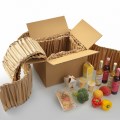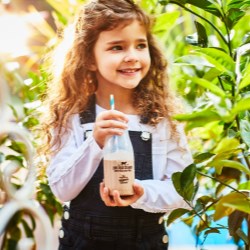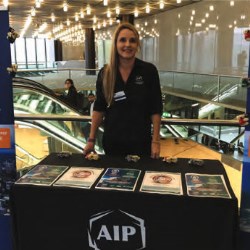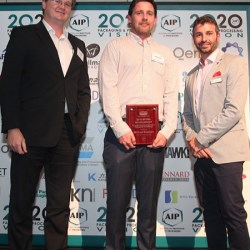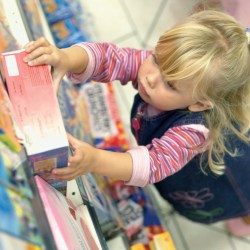If this is your company, CONTACT US to activate Packbase™ software to build your portal.


Any packaging consultant would love the gift to prophesy but, without that, there are some clear trends that have emerged in the packaging industry which warrant serious attention if participants in this very important sector of the market are to keep up with change.
Sustainability
Sustainability is a major trend affecting operations in packaging. No fewer than five speakers focused on this important issue at the recent National Conference for the Australian Institute of Packaging (AIP).
Considerations in this area are now a fact of life with bioplastics and renewable resources such as sugar cane being serious participants in the event. But consumers still require greater clarity around what is really sustainable. They are increasingly interested in their personal impact on the environment and are demanding more from manufacturers.
There is a need, therefore, for ongoing discussions about codes, standards and oversights. If this issue is not to be pie-in-the-sky stuff, Australia's packaging industry needs to participate seriously in coordinated and cooperative efforts around global packaging sustainability and develop honest measurement tools for the manufacturing industry to consider.
Food Safety
While sustainability is high on the agenda of manufacturer and consumer alike, food safety remains the number one issue for the public and will continue to affect packaging materials. Companies are under increasing pressure to develop new packaging which ensures healthy, safe, yet quick-to-consume products.
Companies need to remain mindful that product recalls or liability cases and the resultant loss of customers can be an immeasurable cost compared with the expense of improving packaging which prevents mislabelling, spoilage, product-tampering or contamination. Consumers' demand for smaller, healthy portions will increase the demand for new packaging of existing products.
Private Labels
The growing private label industry now represents a threat to the branded product. Ever encroaching shelf space by private labels which do not carry the burden of the branded product's large advertising-marketing budget is an indication that this sector of the packaging industry can no longer be ignored.
In 2009 private labels were responsible for 45% of products sold in Europe and 25% in the USA. The packaging industry needs to accept that consumers have matured in this area of purchase. Where retailers and consumers were once loathe to experiment with non-brand items, the private label market has been intent on improving the quality of its product. In Australia, this has been most evident as private label sales have continued to grow. Our challenge now is to capture and expand into the less saturated, emerging markets of Asia.
Manufacturers and marketers, however, would be wise to remember that a product with no brand history to depend on will heavily rely on its quality to do all the advertising promotion. Never can one assume that a third world, emerging nation would be prepared to spend its hard earned, meagre income on an inferior product just because the label offers the discount.
Packaging Enhances Product Value
Internationally and nationally branded consumer product companies and their partners subsequently need to respond by offering their customers enhanced value in the packaging. Some companies have commenced by redesigning packaging to more strongly differentiate their brands. If the pack is all you have in a quality, price-competitive market, innovation becomes a priority. Packaging uniqueness is forecast to be a major differentiator for successful products with colour coding on packaging within a product line being a preferred trend. Busy consumers have identified that colour coded products help them distinguish between products.
Economy and Education
While we have not yet fully recovered from the worst economic slump in decades, trends from this recession include an increased demand for refurbished or upgraded packaging machinery and surges in the demand for co-packing and contract packaging operations. The lean experience has resulted in cutting costs throughout the industry in order to survive. Reduced labour costs, introduction of automation and technology, rigorous evaluation of all expenditures in order to maintain productivity and the elimination of poorly performing business lines and products has meant only the best can stay.
Are you among the best? Have you ensured that you can compete with the best? Management consultants for retailers, wholesalers and manufacturers suggest that the packaging industry will suffer if it does not take itself seriously enough and ensure that its participants are continually being educated to improve packaging knowledge and skills. I'd like to suggest that back-to-strong-basics, consolidation of business, a cooperative, consultative approach within the industry underpinned by ongoing education will ensure you reach the future in a vibrant industry.
Pierre Pienaar MSc FAIP
National President
Australian Institute of Packaging (AIP)



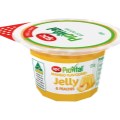

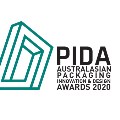
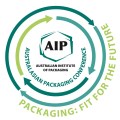
.jpg)







